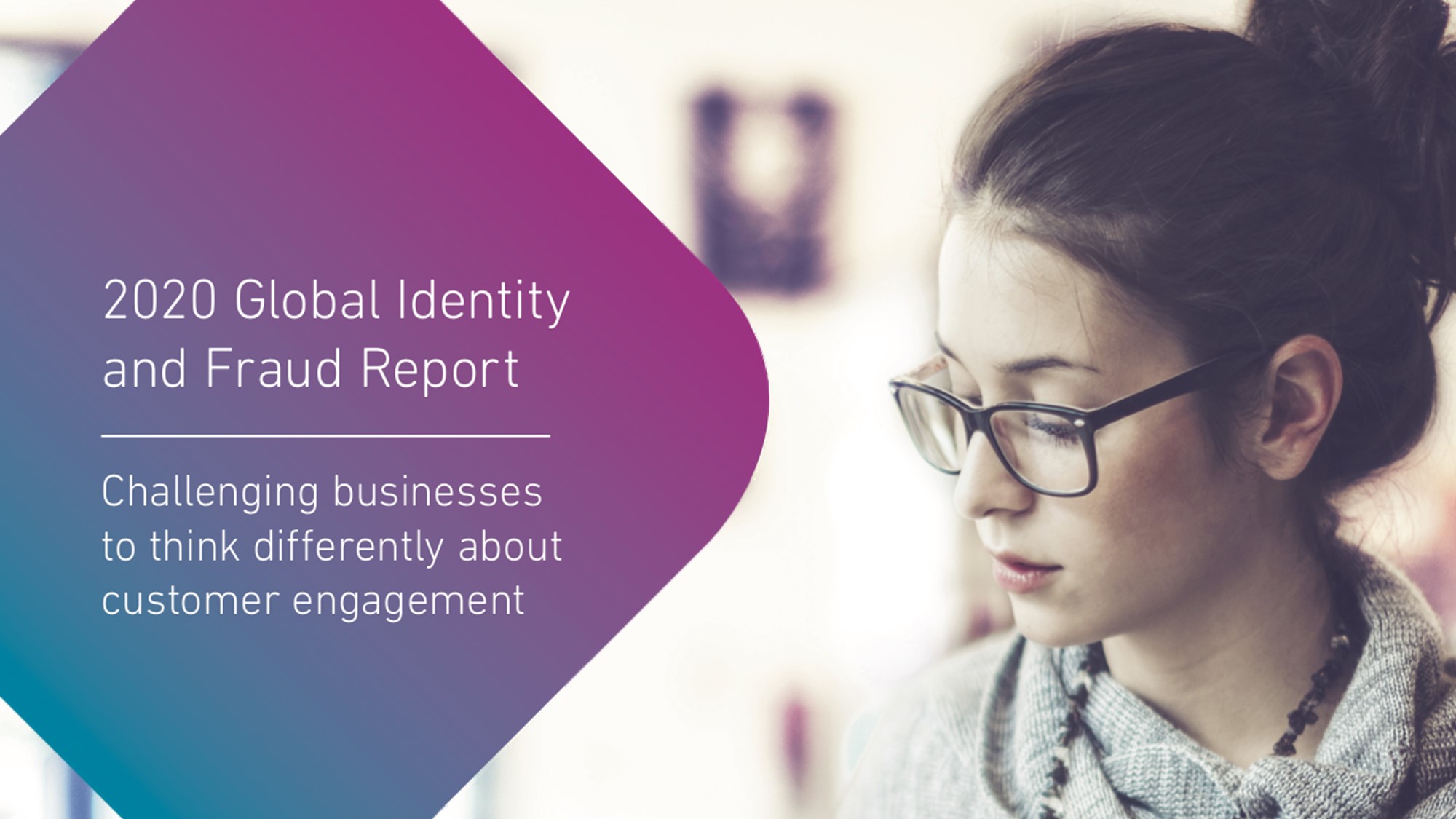
Explore Experian’s insights for customer identity and its interrelationship with security, convenience, and personalization, from consumers and businesses
Businesses often talk about creating the ultimate digital experience for customers but far less about the interrelationship between security, convenience, and personalization. This results in siloed security measures at major decision points across the customer journey. And, it’s a disconnect that’s perpetuated through equally siloed CRM systems that strive to identify customer preferences but fail to do so in a consistent and appealing way. The impact on consumers is that they are dragged through a maze of security and risk protocols while at the same time being targeted or re-targeted products and services that are not always relevant.
We challenged senior executives at 650 companies to think about whether they can accurately identify their customers and meet their customers’ needs for a relevant experience to not only help them create a more trusted relationship with a consumer but also to reduce fraud losses. We also surveyed over 6,500 consumers who had a lot to say about what constitutes best-in-class digital customer experience.
Perception versus reality
Our study found that 95% of businesses worldwide believe they are accurately identifying their customers yet 55% of consumers don’t feel recognized. In our survey last year, 84% of businesses said that if they could better identify their customers, then they could easily spot fraud. However, 57% of business reported having significantly higher fraud losses this year versus last year. How can this be true if businesses are in fact as strong as they believe they are at recognizing their customers and thus, presumably by extension, fraudsters?
This then begs the question: how are businesses defining “recognition” and is it really working? Are they recognizing a customer to a person or are they able to categorize a customer into prescriptive buckets such as broad demographic delineations?
Expectations for customer engagement
Our study also found that 74% of consumers say security is still the most important factor when deciding to engage with a business online. This has been a consistent finding over the past two years. In fact, consumers are even willing to give more personal information for greater security and easier access to their accounts later, once they are comfortable.
Despite this, over half of businesses are prioritizing personalization over security when making improvements to their customer experience. Consumers acknowledged experiencing and appreciating the changes businesses are making to their digital experience however security remained to be their most important criteria for engaging or continuing to engage with a business.
What now?
Desires for ultimate experience and concerns for security are still shaping the digital relationship between consumers and businesses where identity is at the heart of every customer decision and interaction. We believe businesses will need to invest further in data, infrastructure, and advanced analytics in order to get to a point of truly recognizing a consumer digitally as opposed to categorizing for broad brush pseudo personalization purposes. Only then will businesses start to make a dent in fulfilling the high consumer expectations for recognition as well as in mitigating rising fraud.
Download our report (15 min read) and find out more about:
- Challenges standing in the way of businesses trying to identify their customers
- What different businesses and countries are doing to improve identity authentication
- The new type of customer journey that executives believe will improve the digital experience